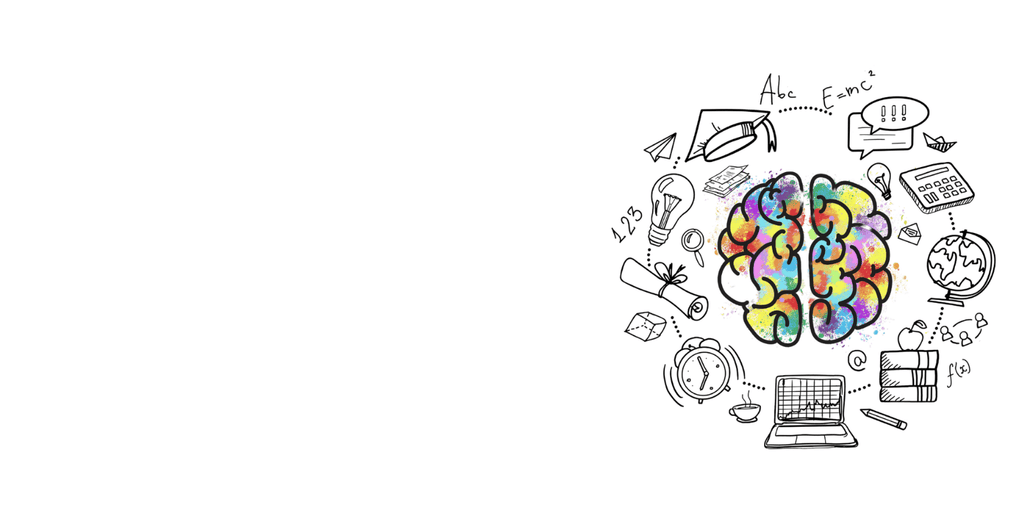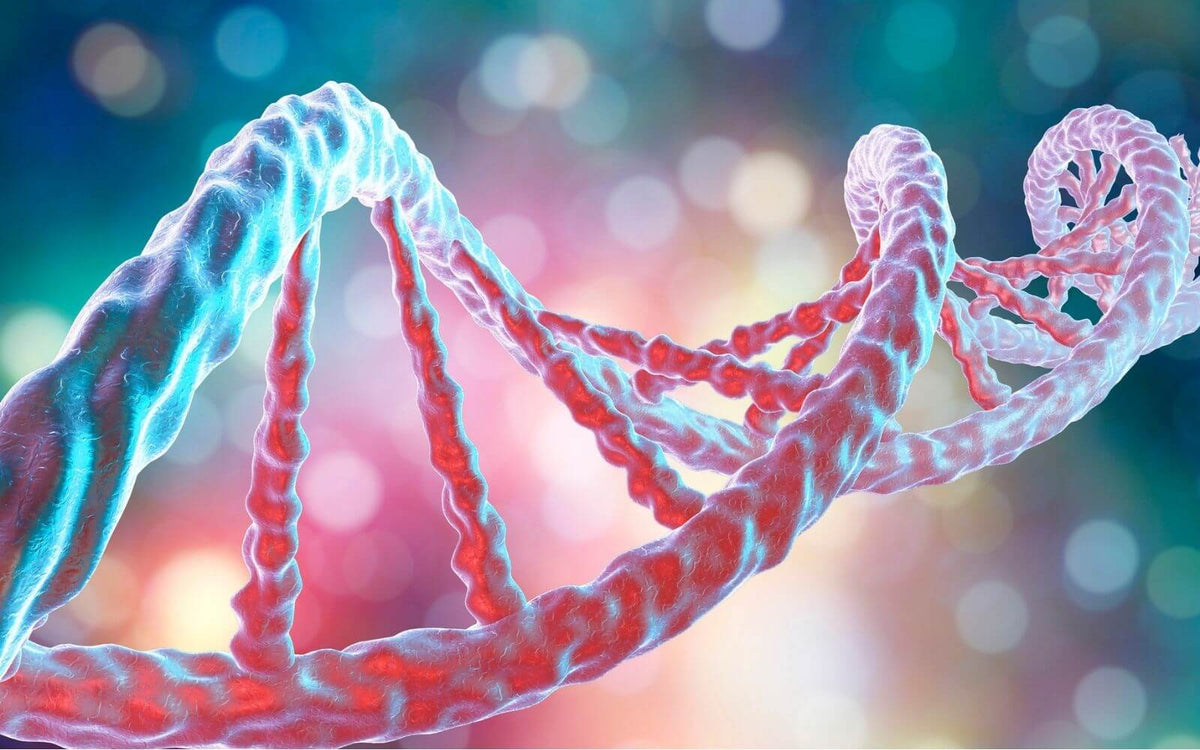What Are The Signs of Autism In Adults?

What Are The Signs of Autism In Adults?
Autism spectrum disorder is a neurodevelopment disorder caused by differences in the brain that can cause significant social, communication, and behavioral challenges. Individuals with ASD look like anyone else—it is the way they communicate, interact, behave, and learn that sets them apart. In this article, we discuss the signs of autism in adults, signs of high functioning adults with autism, and diagnosing autism in adults.
Common Signs of Autism in Adults
There are a few common signs of autism in adults that tend to stand out. These include:
- Finding it difficult to understand what others are thinking or feeling
- Getting anxious about social situations
- Preferring to be your own friend or finding it hard to make them
- Not knowing how to describe how you feel
- Seeming blunt, rude, or uninterested in how others feel
- Unable to understand sarcasm
- Maintaining the exact same routine everyday and getting upset when it changes even slightly
Other Signs
Others signs can include difficulty in understanding social "rules," like not talking over people, avoiding eye contact, getting too close to other people, and having a very keen interest in only one subject.
Autism in Men and Women
Autism and symptoms of autism are often different in men and women. For example, women with autism may be quieter, appear shy and hide their feelings to better cope with social situations. They also may have ADHD that can come across as ASD.
Signs of High Functioning Autism in Adults
High functioning autism isn't an official medical diagnosis but is instead used to refer to those with lower support needs. This means individuals with autism who read, write, speak, and manage life skills without much needed assistance. Autism Spectrum Disorder is divided into three levels:
- Level 1: Individuals at level 1 may have symptoms that don't interfere with their work, relationships, or school. When people use terms like "high-functioning autism" this is often what they are referring to.
- Level 2: People at this level require some outside support on a regular basis including speech therapy and social skills training.
- Level 3: Individuals at this level require a substantial amount of assistance on a daily basis. This kind of support may include full-time aides.
High Functioning Autism in Adults Checklist
There are a few distinct signs of high functioning autism in adults. Here's the checklist:
- You can go on about your day without any needed assistance
- Social gatherings may not be "preferred" but do not bring about anxiety
- You may be able to understand sarcasm and social "rules"
- You can communicate and understand people alright
Diagnosing Autism in Adults
Getting diagnosed with autism may help you get the additional support you need. You can receive an online diagnosis using Reveal—the world's first online autism test powered by artificial intelligence and has test questions formulated by licensed therapist.

Unlike other autism tests Reveal provides you with a percentage-based diagnosis and then uniquely recommends with machine learning the most appropriate next steps to take. This includes recommended supplement needs—like Spectrum +, physician care, connecting live 1-on-1 with one of our licensed therapists, and so much more.

Leave a comment
Comments will be approved before showing up.
Also in Understanding Autism

How To Diagnose Autism In Adults

Is Autism Genetic?










